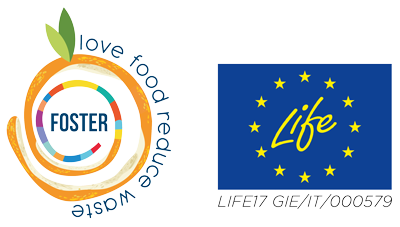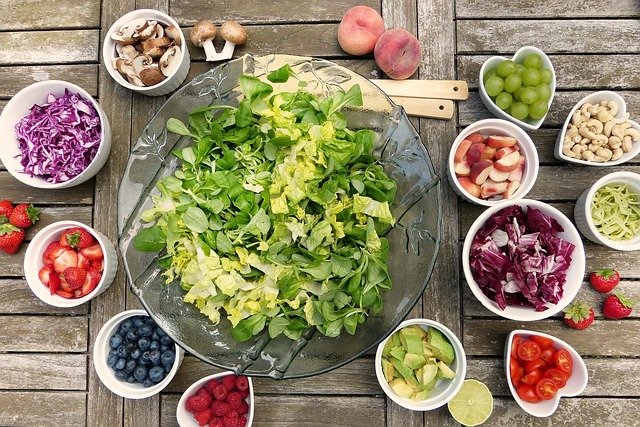Although the Internet is overflowing with different diets promoting and guaranteeing weight loss, some diets focus more on sustainable goals and less on being fit. That is not to say that having a sustainable diet and caring about the environment doesn´t improve your overall health and makes you more fit – on the contrary. Your body transforms completely when incorporating healthy, unprocessed, homegrown foods into your daily life.
For those wondering what eating sustainably actually means, we made a brief list of recommendations and options you might want to consider to start making the change. Even today.
- More plants, less meat
Meat production is a huge energy consumer. Animal agriculture requires far less land than plant-based production, which causes deforestation across the world. Eating less meat and incorporating more veggies into your diet supports spreading the positive trend on using less land, water, fertilizer, and energy.
If you have a hard time giving up on meat altogether, you can start by reducing it to only a few days a week at first. You can also opt for food that leaves less carbon imprint, like eggs, fish and chicken.
- Eat more variety
Bringing colors to your food and changing the ingredients regularly brings more diversity and, more importantly, higher nutritional value to your body. If you are well-nourished, you will have less cravings and less chance of reaching for packaged and processed foods and developing unhealthy eating habits.
- Waste less
Naturally, eating more sustainably means producing less waste. If we are aware of the amount of food we buy, keep our food correctly stored and use the exact amount of food we have in our household, we are already doing a lot for the environment. If we care for our planet, we should show respect towards the food our planet gives us, and that means no unnecessary waste.
- Less processed foods
Processed and packaged food are detrimental both for our health and for the environment. The energy consumed to produce such products skyrockets greenhouse gases and heavy metals, causing enormous water waste. Moreover, processed food contains large amounts of added sugar, sodium and saturated fats that give us nothing but empty calories. Such food is deprived of the nutritional value that natural, unprocessed and homegrown organic food has.
- Buy local
The less our food traveled to our table, the more sustainable our food choice is. If we buy imported products that travel long distances, we participate in producing carbon dioxide that causes pollution worldwide. On the other side, if we support small, local farmers, we help them continue growing delicious, nutritionally dense fruits and veggies, which means more health for us.
- Buy seasonal
Buying seasonal goes hand in hand with buying local. Following the seasons means we will get food that doesn´t require storage, transport or chemicals to stay fresh. Additionally, picking and eating seasonal means we will eat the food that is at its peak containing the highest level of vitamins and minerals.
- Compost
Finally, if you want to go one step further, you can decide to start composting. And no, it doesn´t matter if you live in an apartment or a house because, today, we have a generous offer of composting options. You probably know that compost produces a highly fertile and rich soil that can support the growth of your plants, fruits and veggies without using any additives. So, if you want to do something good for the planet, we highly recommend composting.


